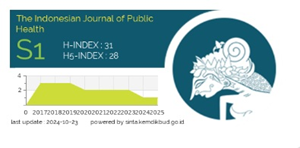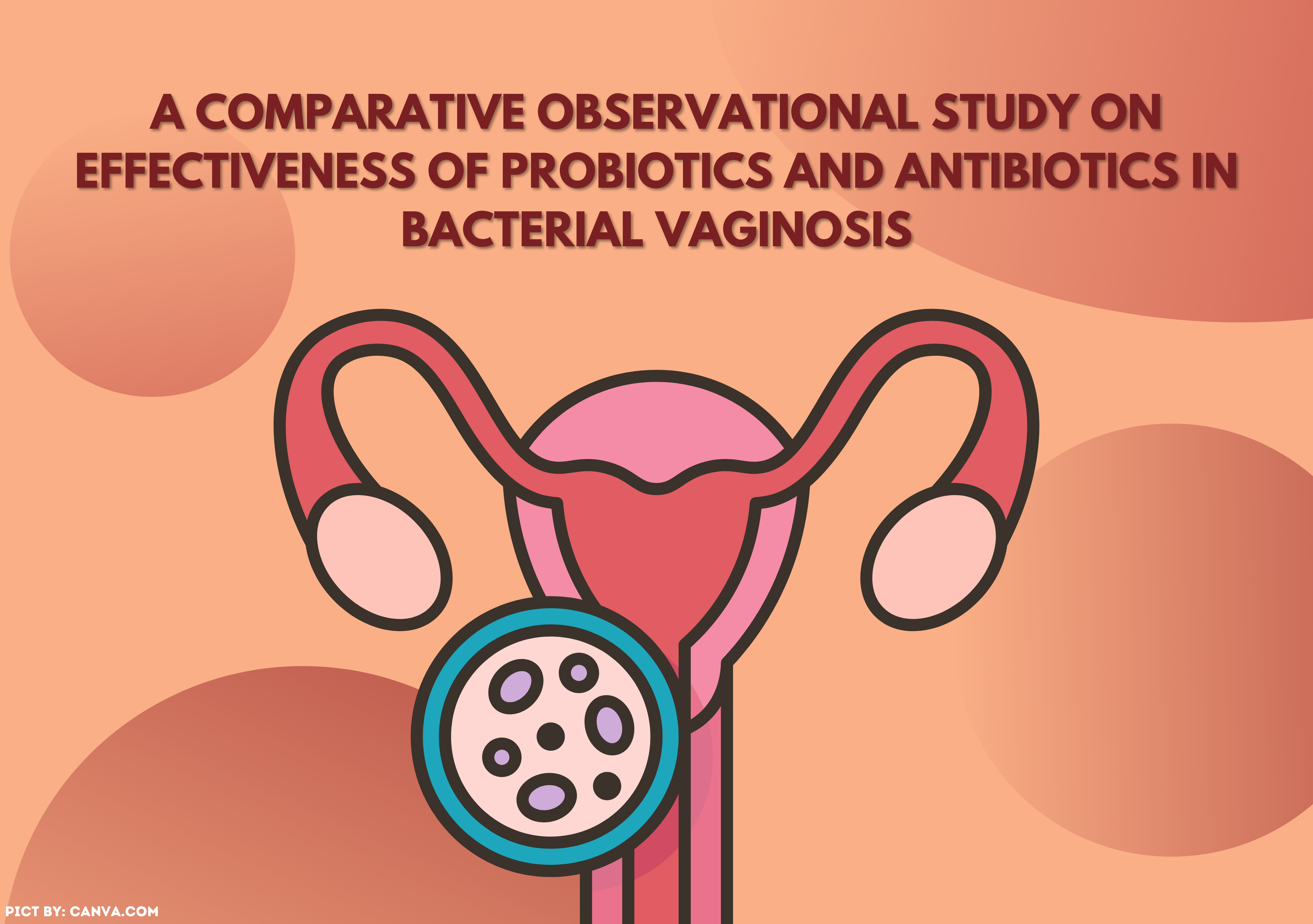THE EFFECT OF CORN SILK EXTRACT (Zea mays) AS BIOLARVICIDES OF Aedes aegypti MOSQUITO LARVAE IN EFFORTS TO CONTROL SPREAD OF DENGUE HEMORRHAGIC FEVER
Downloads
Dengue hemorrhagic fever (DHF) is still a serious health problem in the community. DHF is caused by the dengue virus (DENV) and is transmitted by the Aedes aegypti (Ae. aegypti) mosquito, which is the main vector for the virus. In controlling DHF vectors, larvicides are still used. These larvicides contain chemical compounds that have negative side effects affecting the human body. Therefore, there is a need for natural-based larvacides (biolarvicides). The purpose of this study was to determine the potential of corn silk as a biolarvicide against dengue vector larvae (Aedes aegypti). This study was carried out at the STIKes Ngudia Husada Madura Bangkalan Laboratory and was done by taking corn silk waste samples disposed of as waste from corn farmers and corn traders in Bangkalan Regency. A Thousand samples of Aedes aegypti larvae that had reached instar III were used and divided into five test groups, namely 0 g/L (control), 6.25 g/L, 12.5 g/L, 25 g/L, and 50 g/L . Each group contained 200 larvae. The experiment was repeated 3 times. Data of the number of deaths of Aedes aegypti larvae were collected every 24 hours. The highest dose that could kill Aedes aegypti larvae was at 20 g/L.
Keywords : biolarvicides, corn silk, larvae, Aedes aegypti
Abdiana, R. and Anggraini, D. I. (2017) ‘Rambut Jagung ( Zea mays L .) sebagai Alternatif Tabir Surya Corn Silk ( Zea mays L .) as an Alternative to Sunscreen', 7(November), pp. 31–35. https://doi.org/8421/1/1741-2448-1-PB.
Antang, P. et al. (2015) ‘Efektivitas Larvasida Ekstrak Kulit Buah Jeruk Nipis ( Citrus aurantifolia ) Dalam Membunuh Jentik Nyamuk Aedes sp ( Studi di Daerah Epidemi DBD di Wilayah Kerja', Jurnal Kesehatan Masyarakat Nasional, 9, p. 3.
Astriani, Y. and Widawati, M. (2016) ‘POTENSI TANAMAN DI INDONESIA SEBAGAI LARVASIDA ALAMI UNTUK Aedes aegypti POTENTIAL PLANT IN INDONESIA AS NATURAL LARVICIDES FOR Aedes aegypti', 8(2), pp. 37–46. https://doi.org/10.22435/spi.v8i2.6166.37-46
Ismatullah A, Kurniawan B, Wintoko R, S. E. (2011) ‘Uji Efektivitas Larvasida Ekstrak Daun Binahong (Anredera Cordifolia (Ten.) Steenis) terhadap Larva Aedes Aegypti Instar III', Fakultas Kedokteran Universitas Lampung, pp. 1–9.
Kadorrohman, L. L. & A. (2016) ‘EFEKTIVITAS BIOLARVASIDA EKSTRAK ETANOL LIMBAH PENYULINGAN MINYAK AKAR WANGI ( Vetiveria zizanoides ) TERHADAP LARVA NYAMUK Aedes aegypti , Culex sp ., dan Anopheles sundaicus', (December).
Koraag, M. E., Anastasia, H. and Isnawati, R. (2016) ‘Efikasi Ekstrak Daun dan Bunga Kecombrang ( Etlingera elatior ) terhadap Larva Aedes aegypti', 8(September), pp. 63–68.
Kristiani, V. & F. I. H. (2014) Pengaruh Konsentrasi Etanol dan Waktu Maserasi Terhadap Perolehan Fenolik, Flavonoid, dan Aktivitas Antioksidan Ekstrak Rambut Jagung. Universitas Katolik Widya Mandala.
Maghfiroh (2014) Uji Aktivitas Antibakteri Ekstrak Bunga Melati Terhadap Pertumbuhan Bakteri Staphylococcus aureus ATCC 25923 dan Shigella flexneri ATCC 12022. Universitas Islam Negeri Sunan Kalijaga Yo.
Nurhaifah, D. and Sukesi, T. W. (2014) ‘Efektivitas Air Perasan Kulit Jeruk Manis sebagai Larvasida Nyamuk Aedes aegypti Effectivity of Sweet Orange Peel Juice as a Larvasides of Aedes aegypti Mosquito', pp. 207–213.
Pamungkas, R. W., Syafei, N. S. and Soeroto, A. Y. (no date) ‘Perbandingan Efek Larvasida Minyak Atsiri Daun Cengkeh ( Syzygium aromaticum L .) Varietas Zanzibar dengan Temephos terhadap Larva Nyamuk Aedes aegypti Abstrak', 4(1), pp. 0–5. http://dx.doi.org/10.7454/psr.v3i3.3566
Riyadi, Z. (2017) ‘Artikel Penelitian Uji Efektivitas Ekstrak Etanol Biji Rambutan ( Nephelium lappaceum L .) sebagai Larvasida Alami pada Larva Nyamuk Aedes aegypti', Jurnal FK Unand, 7(2), pp. 233–239. https://doi.org/10.25077/jka.v7.i2.p233-239.2018
Rochmat, A., Bahiyah, Z. and Adiati, F. (2017) ‘Pengembangan Biolarvasida Jentik Nyamuk Aedes aegypti Berbahan Aktif Ekstrak Beluntas ( Pluchea indica Less . )', (January). doi: 10.14710/reaktor.16.3.103-108. https://doi.org/10.14710/reaktor.16.3.103-108
Sukohar, A. (2014) ‘Demam Berdarah (DBD)', Medula Unila, 2, pp. 1–15. http://dx.doi.org/10.22435/jek.v16i1.5032.1-9
Susanti, A. D. et al. (2012) ‘PEMILIHAN PELARUT UNTUK EKSTRAKSI MINYAK BEKATUL DARI BEKATUL VARIETAS KETAN ( ORIZA SATIVA GLATINOSA )', Simposium Nasional RAPI XI FT UMS, pp. 8–14.
Putri (2015) EKSTRAKSI SENYAWA FENOLIK PADA KULIT ARI KACANG TANAH ( Arachis Hypogaea L .) MENGGUNAKAN IRRADIASI MICROWAVE DAN. Universitas Negeri Semarang.
World Health Organisation (WHO) (2005) GUIDELINES FOR LABORATORY AND FIELD TESTING OF MOSQUITO LARVICIDES, World Health Statistics.
- The authors agree to transfer the transfer copyright of the article to The Indonesian Journal of Public Health effective if and when the paper is accepted for publication.
- Authors and other parties are bound to the Creative Commons Attribution-NonCommercial-ShareAlike 4.0 International License for the published articles, legal formal aspect of journal publication accessibility refers to Creative Commons Attribution-NonCommercial-ShareAlike 4.0 International License (CC BY-NC-SA), implies that:
- Attribution ” You must give appropriate credit, provide a link to the license, and indicate if changes were made. You may do so in any reasonable manner, but not in any way that suggests the licensor endorses you or your use.
- NonCommercial ” You may not use the material for commercial purposes.
- ShareAlike ” If you remix, transform, or build upon the material, you must distribute your contributions under the same license as the original.
































